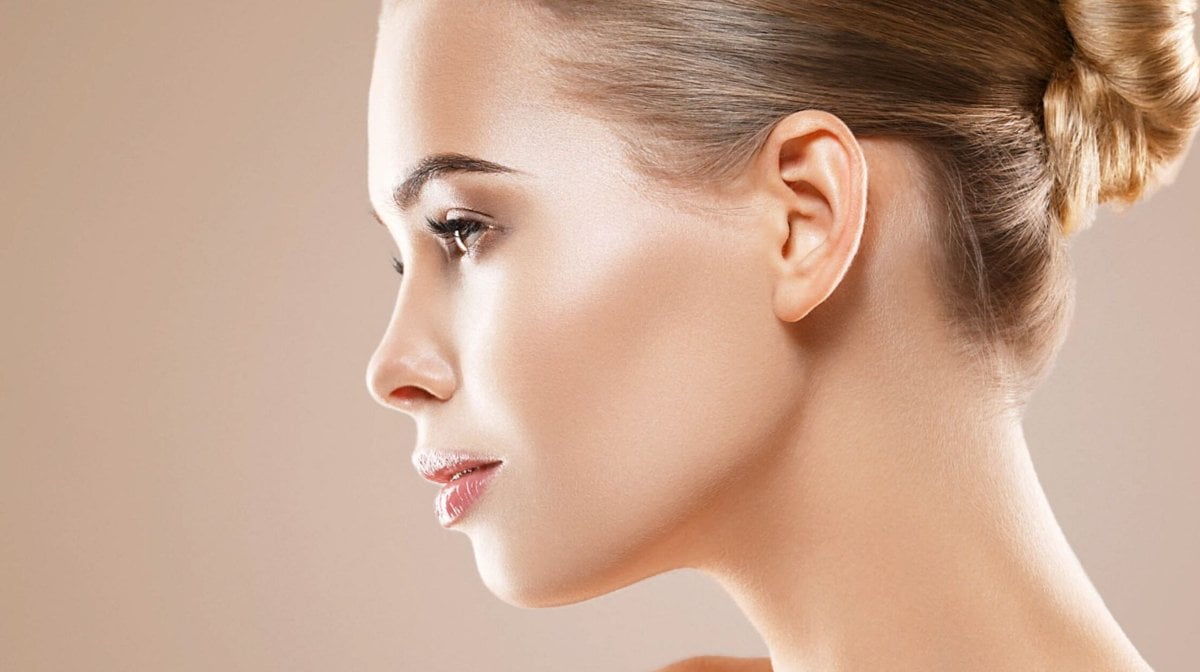Published Jun 17, 2024
Glow up: 5 ways beauty businesses use automation for ecommerce growth

- Focus on automation to boost your supply chain and customer experience at the same time.
- Automation can support beauty brands as new social media marketplaces emerge.
- AI and machine learning are revolutionizing how customers interact with beauty brands.
The rapid evolution of ecommerce has opened up new opportunities for beauty brands to engage with their customers in innovative ways. One of the most significant advancements in this space is the adoption of ecommerce automation. By leveraging automation platforms and strategies, beauty brands can streamline their operations, enhance customer experience, and drive growth. Here are five ways beauty businesses are using automation for ecommerce growth.
#1: Streamlining order fulfillment
Order fulfillment is a critical component of the ecommerce experience. For beauty brands, managing inventory, processing orders, and handling shipping can be particularly challenging due to the vast range of products and the personalized nature of many beauty regimens. Automation tools can streamline these processes. For example, automated inventory management systems track stock levels in real-time, preventing overstocking or stockouts. This ensures that customers always find their favorite products available, enhancing their shopping experience and increasing brand loyalty.
Moreover, automation can expedite the order processing workflow. From the moment a customer places an order, automated systems can handle everything from payment processing to printing shipping labels. This reduces human error and ensures a swift, accurate, and reliable fulfillment process. For instance, integrating platforms like Shopify and NetSuite via Celigo can automate the entire order-to-cash process, making it effortless and efficient for both you and the customer.
#2: Enhancing personalized marketing
Personalized marketing is a powerful tool for beauty brands aiming to connect with their audience on a deeper level. Automation can elevate personalized marketing strategies by leveraging customer data to deliver targeted messages. Automated email marketing campaigns, for example, can send personalized product recommendations based on a customer’s purchase history or browsing behavior. This not only makes customers feel valued but also increases the likelihood of repeat purchases.
Additionally, automation can extend to social media and SMS marketing. Tools like chatbots and AI-driven platforms can engage with customers in real-time, offering personalized advice and product suggestions. Social media advertising benefits from automation too as it helps sync data across all your channels, ensuring consistent and targeted messaging. This level of engagement can mimic the personalized service customers expect in physical retail stores, thereby enhancing their online shopping experience.
#3: Improving the customer experience
In the beauty industry, the overall customer experience plays a pivotal role in building and maintaining customer loyalty and trust. Automation enhances the customer experience by connecting disparate applications so you can produce more accurate inventory data, faster shipping times, easier returns, and a consistent experience throughout the customers’ journey.
Furthermore, automated customer support systems can offer 24/7 assistance, ensuring that customers receive help whenever they need it. This can be particularly beneficial for global beauty brands with customers in different time zones. By integrating automated support tools, beauty brands can reduce response times and improve customer satisfaction.
#4: Optimizing social media marketplaces
Social media allows beauty brands to showcase their products, engage with their audience, and build a community. In addition to optimizing existing social media efforts, automation can help beauty brands seamlessly enter new social media marketplaces and manage the existing ones they are in.
Platforms like Shopify and NetSuite can be integrated so the customer’s experience on one platform, like TikTok Shop, is consistent with their experience in other marketplaces and on your brand website. Data like inventory levels, pricing, product descriptions, and more can be automatically kept up to date across all of your platforms. By automating these processes, beauty brands can create a positive experience, expand their reach, and tap into new customer bases without the need for extensive manual management.
#5: Leveraging AI for product recommendations
Artificial intelligence (AI) and machine learning are transforming the way beauty brands interact with their customers. By analyzing customer data, AI can offer personalized product recommendations, helping customers find products that suit their specific needs and preferences. This not only enhances the shopping experience but also increases the likelihood of purchases. For example, AI can analyze a customer’s skin type, concerns, and previous purchases to recommend skincare products that are most likely to be effective. This level of personalization can differentiate a beauty brand in a competitive market, fostering customer loyalty and driving sales.
Learn how Celigo is leveraging AI to build a future where ecommerce businesses can harness integration for growth.
Conclusion
The beauty industry is poised for a significant transformation through ecommerce automation. By streamlining order fulfillment, enhancing personalized marketing, improving customer support, optimizing social media management, and leveraging AI for product recommendations, beauty brands can create a seamless and engaging shopping experience for their customers. As automation continues to evolve, the opportunities for innovation in the beauty industry are boundless. Embracing these technologies can help beauty brands not only meet but exceed customer expectations, leading to sustained growth and success.




